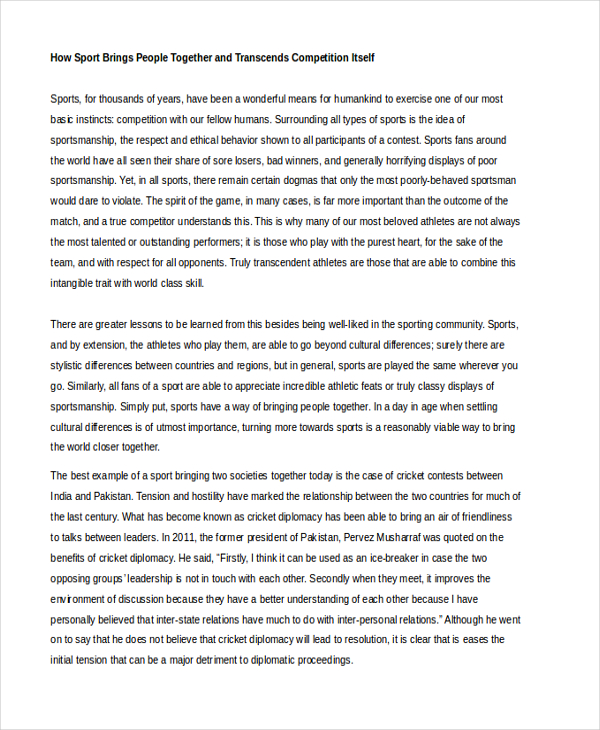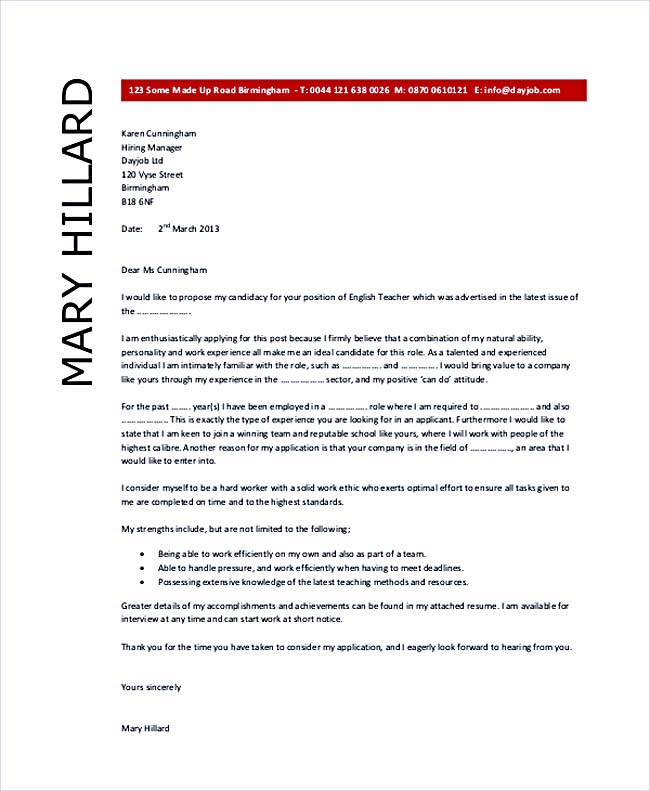Amazon.com: An Essay Concerning Human Understanding.
In An Essay Concerning Human Understanding, first published in 1690, John Locke (1632-1704) provides a complete account of how we acquire everyday, mathematical, natural scientific, religious and ethical knowledge.Rejecting the theory that some knowledge is innate in us, Locke argues that it derives from sense perceptions and experience, as analysed and developed by reason.A selection of philosophy texts by philosophers of the early modern period, prepared with a view to making them easier to read while leaving intact the main arguments, doctrines, and lines of thought. Texts include the writings of Hume, Descartes, Bacon, Berkeley, Newton, Locke, Mill, Edwards, Kant, Leibniz, Malebranche, Spinoza, Hobbes, and Reid.John Locke’s major work, setting out his argument for the mind being a tabular rasa upon which nature writes John Locke (1689) Source: An Essay Concerning Human Understanding (1689). 38th Edition from William Tegg, London; scanned in three separate excerpts from early in the work.
AN ESSAYCONCERNING HUMAN UNDERSTANDING. As thou knowest not what is the way of the Spirit, nor how the bones do grow in the womb of her that is with child: even so thou knowest not the works of God, who maketh all things.-.An Essay Concerning Human Understanding by John Locke is one of the great books of the Western world.It has done much to shape the course of intellectual development, especially in Europe and America, ever since it was first published in 1690.

Chapter I Of Knowledge in General. 1. Our knowledge conversant about our ideas only. Since the mind, in all its thoughts and reasonings, hath no other immediate object but its own ideas, which it alone does or can contemplate, it is evident that our knowledge is only conversant about them.












